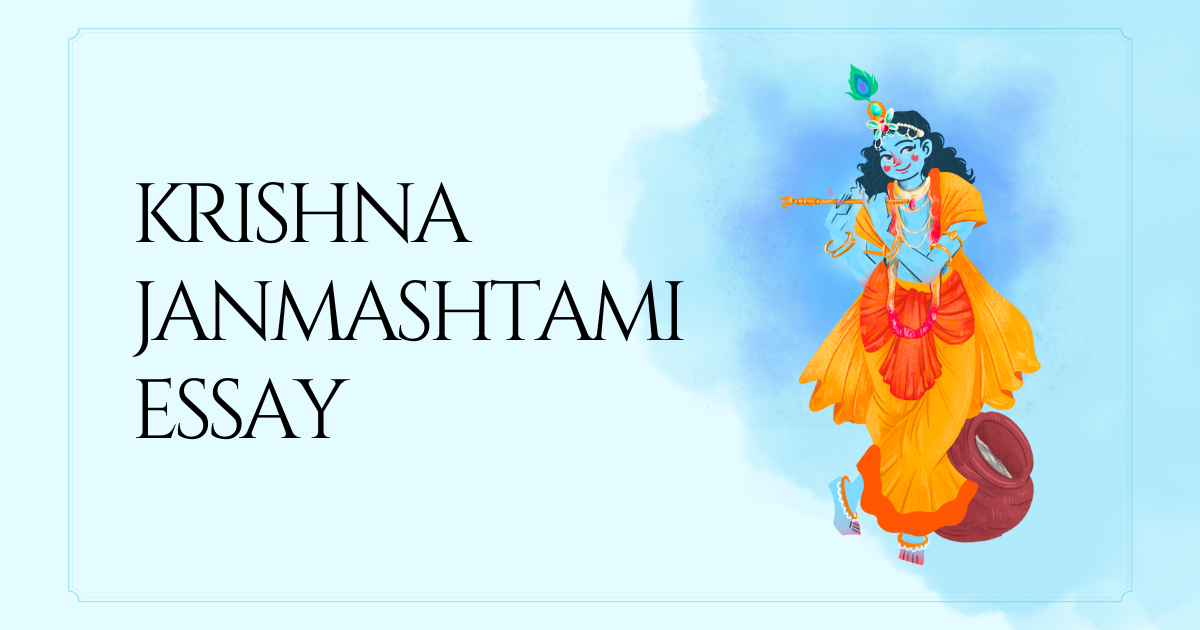Explore the significance and celebrations of Krishna Janmashtami in this comprehensive essay. Celebrate the birth of Lord Krishna with a deeper understanding of this important Hindu festival and its message of hope, love, and unity. Read now and deepen your appreciation for the teachings and legacy of Lord Krishna.
An annual Hindu festival honouring the birth of Lord Krishna is called Krishna Janmashtami, often known as Janmashtami. This festival, which is celebrated on the eighth day (Ashtami) of the Hindu lunar month of Shravan (August/September), is regarded as one of the most revered and significant ones in Hinduism. Around the world where there are Hindu communities, including in India, the event is observed with great fervour and devotion.
The celebration of Krishna Janmashtami is centered around the life and teachings of Lord Krishna, who is revered as the eighth incarnation of Lord Vishnu and is considered to be the ultimate divine teacher and guide. Lord Krishna is known for his wisdom, courage, and love, and is believed to have lived over 5,000 years ago in Mathura, India.
On the day of Krishna Janmashtami, devotees fast, offer prayers and sing devotional songs to Lord Krishna. Temples and homes are decorated with flowers, lights, and rangolis (colored sand or flower designs). People perform plays and dances depicting Lord Krishna’s life, and offerings of sweets, fruits, and milk are made to the deity.
One of the most significant rituals performed during Krishna Janmashtami is the ‘dahi handi’, in which a clay pot filled with butter and other sweets is suspended high above the ground, and teams of young men attempt to break it by forming human pyramids. This ritual symbolizes Lord Krishna’s mischievous nature as a child and his love for butter.
Krishna Janmashtami is also celebrated as a symbol of hope, love, and unity. The festival brings people of all ages, castes, and religions together, promoting peace, compassion, and universal brotherhood.
In conclusion, Krishna Janmashtami is a festival that holds immense significance for Hindu devotees, as it celebrates the birth of Lord Krishna, one of the most revered and beloved deities in Hinduism. Through its celebrations, devotees honor Lord Krishna’s teachings and seek his blessings, while promoting the values of love, unity, and compassion.

